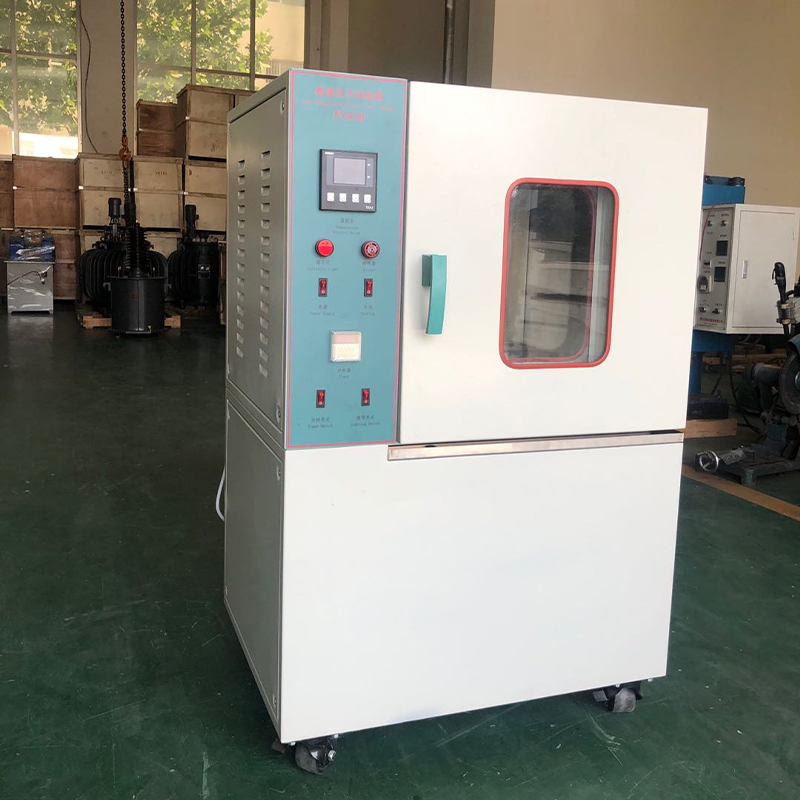custom electronic tensile tester
Custom Electronic Tensile Tester Revolutionizing Material Testing
In the world of material science and engineering, accurate measurements are paramount. From research and development to quality control, the integrity of materials plays a vital role in ensuring safety and performance. One of the key instruments used in determining the mechanical properties of materials is the tensile tester. Among the various types of testers available, the custom electronic tensile tester stands out as a versatile and effective solution tailored to meet specific testing requirements.
Understanding Tensile Testing
Tensile testing, also known as tension testing, is a fundamental process used to determine how materials respond when subjected to a stretch or tensile force. During the test, a sample is pulled apart until it fractures, and various properties are measured, including tensile strength, yield strength, elongation, and modulus of elasticity. These measurements are critical for engineers and manufacturers in selecting materials for specific applications and ensuring they meet industry standards.
The Role of Customization
With the growing diversity of materials and applications in modern industries—from construction and automotive to aerospace and electronics—standard tensile testing machines may not suffice. This is where custom electronic tensile testers come into play. They are designed to accommodate a variety of materials and test configurations, providing functionality that can be tailored to specific testing needs.
1. Tailored Specifications Custom tensile testers can be built to meet unique specifications, including load capacities, test speeds, and environmental conditions. This adaptability is crucial for testing specialized materials such as composites, polymers, or metal alloys that may require particular testing parameters.
2. Advanced Software Integration Many custom tensile testers are equipped with advanced software that allows for precise data collection and analysis. This software can be customized to generate specific reports, conduct statistical analyses, and visualize data in various formats. Users can define test protocols, allowing for consistent and repeatable testing procedures.
3. Flexible Design Features Custom units can be designed with interchangeable grips, fixtures, and extensometers to securely hold and measure a wide range of sample geometries. This flexibility ensures that users can test everything from small wires to large sheets, adapting the equipment to their material requirements.
custom electronic tensile tester

4. Enhanced Data Acquisition Electronic tensile testers provide the capability for high-resolution data acquisition, enabling the observation of material behavior in real-time. This feature is particularly beneficial for identifying critical points in a material’s stress-strain curve, allowing engineers to make informed decisions about material suitability.
Benefits of Custom Electronic Tensile Testers
Investing in a custom electronic tensile tester offers numerous advantages to organizations aiming to enhance their material testing capabilities
- Improved Accuracy and Precision Custom solutions can be engineered to deliver higher accuracy in measurements, which is essential for critical applications where margins for error are minimal.
- Increased Efficiency By streamlining testing processes and improving workflows, custom testers can significantly reduce the time required for material evaluation, allowing companies to accelerate product development cycles.
- Cost-Effectiveness Although the initial investment in custom testing equipment may be higher than off-the-shelf solutions, the long-term benefits of enhanced performance and adaptability can lead to cost savings by reducing material waste and improving product quality.
- Compliance and Standards Custom testers can be designed to meet specific industry standards and regulations, ensuring that material testing not only conforms to internal quality requirements but also meets external compliance benchmarks.
Conclusion
In conclusion, the custom electronic tensile tester represents a significant advancement in the field of material testing. By offering tailored solutions that enhance accuracy, efficiency, and flexibility, these testers empower engineers and researchers to gain deeper insights into material properties. As industries continue to evolve, the demand for precise and customizable testing solutions will only grow, making the custom electronic tensile tester an invaluable asset for any organization committed to innovation and quality assurance. Embracing this technology will undoubtedly pave the way for improved products and safer materials across various applications.
-
Why the Conductor Resistance Constant Temperature Measurement Machine Redefines Precision
NewsJun.20,2025
-
Reliable Testing Starts Here: Why the High Insulation Resistance Measuring Instrument Is a Must-Have
NewsJun.20,2025
-
Flexible Cable Flexing Test Equipment: The Precision Standard for Cable Durability and Performance Testing
NewsJun.20,2025
-
Digital Measurement Projector: Precision Visualization for Modern Manufacturing
NewsJun.20,2025
-
Computer Control Electronic Tensile Tester: Precision and Power for the Modern Metal Industry
NewsJun.20,2025
-
Cable Spark Tester: Your Ultimate Insulation Assurance for Wire and Cable Testing
NewsJun.20,2025
 Copyright © 2025 Hebei Fangyuan Instrument & Equipment Co.,Ltd. All Rights Reserved. Sitemap | Privacy Policy
Copyright © 2025 Hebei Fangyuan Instrument & Equipment Co.,Ltd. All Rights Reserved. Sitemap | Privacy Policy
